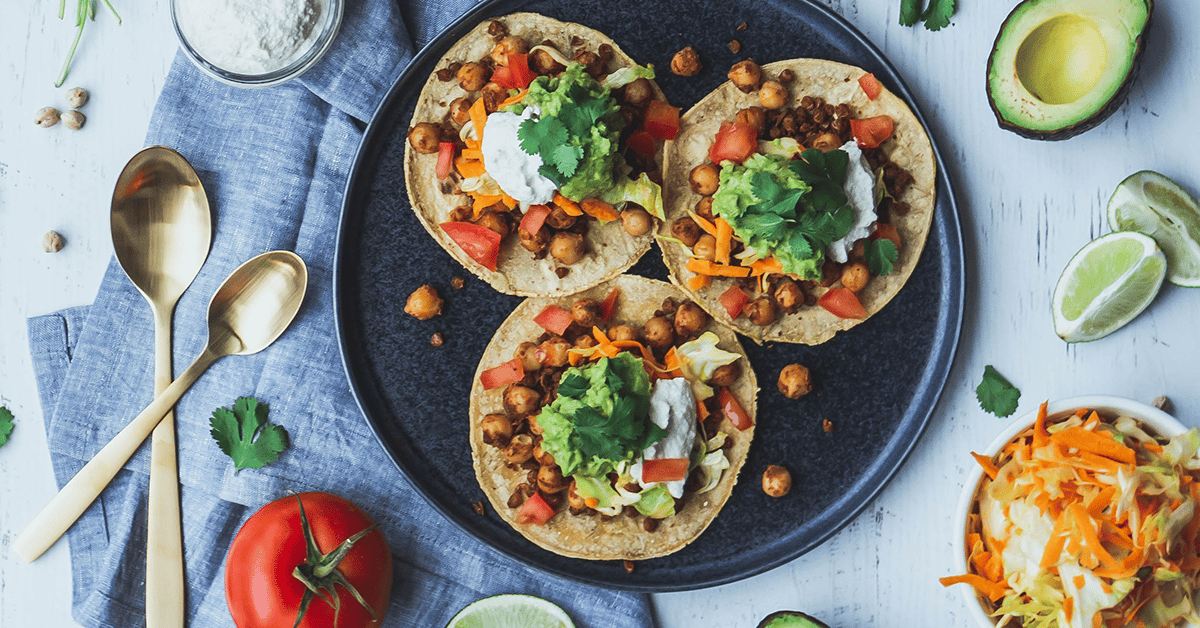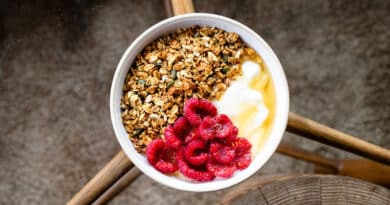The Complete Guide to Complex Carbohydrates for Vegans
This guide will teach you all about complex carbohydrates for vegans, why they are important, how they influence the body and where they can be found.
The article is also useful for vegetarians and anyone else that is interested in improving their diet, health and wellbeing.
- What Foods are Best Sources of Complex Carbohydrates for Vegans?
- What are Complex Carbohydrates?
- Why Does the Human Body Need Complex Carbohydrates?
- Brain function:
- How Do Complex Carbohydrates Give You Energy?
- What is the Difference Between Simple and Complex Carbohydrates?
- How Can Complex Carbohydrates be Useful for Fat Loss?
- Is Rice a Complex Carbohydrate?
- Which Fruit is Highest in Sugar?
- What are the Best Whole Grain Complex Carbohydrates?
- What are the Best Legumes Complex Carbohydrates?
- What are the Best Starchy Vegetable Complex Carbohydrates?
- What are the Best Nut and Seed Complex Carbohydrates?
- What are the Best Dried Fruit Complex Carbohydrates?
- How Do Complex Carbohydrates Affect Blood Sugar and Insulin Levels?
- What is the Glycemic Index?
- What are Healthy Breakfast Options for Vegans with Plenty of Complex Carbohydrates?
- What are Healthy Lunch Options for Vegans with Plenty of Complex Carbohydrates?
- Learn More
What Foods are Best Sources of Complex Carbohydrates for Vegans?
Here are some good complex carbohydrate sources for vegans:
- Whole grains: brown rice, quinoa, oats, barley, whole wheat bread.
- Legumes: lentils, black beans, chickpeas, kidney beans, green peas.
- Starchy vegetables: potatoes, sweet potatoes, corn, squash.
- Nuts and seeds: almonds, sunflower seeds, chia seeds.
- Dried fruit: figs, dates, raisins.
What are Complex Carbohydrates?
Complex carbohydrates are a type of carbohydrate made up of long chains of simple sugar molecules.
They are called “complex” because they are composed of multiple sugar units linked together, as opposed to simple carbohydrates, which are composed of single sugar units.

Complex carbohydrates for vegans are found in many plant-based foods, including whole grains, legumes, starchy vegetables, and fruits, and are an important source of energy and dietary fibre for the human body.
Why Does the Human Body Need Complex Carbohydrates?
The human body needs complex carbohydrates for several reasons:
Energy Source
Complex carbohydrates for vegans are a source of energy for the body and are metabolized slowly, providing sustained energy over a longer period of time compared to simple sugars.
Fibre
Many complex carbohydrates, such as whole grains, legumes, and vegetables, are high in fibre, which helps regulate digestion, prevents constipation, and may lower the risk of certain chronic diseases.
Blood Sugar Regulation
Complex carbohydrates help regulate blood sugar levels by releasing glucose slowly into the bloodstream, preventing spikes in blood sugar levels.
Satiety
Complex carbohydrates for vegans tend to be more filling than simple sugars and can help control hunger and promote feelings of fullness.
Brain function:
Complex carbohydrates are important for brain function and can help improve cognitive performance and mood.
Overall, complex carbohydrates play a crucial role in maintaining overall health and well-being, and should be included as part of a balanced and varied diet.
How Do Complex Carbohydrates Give You Energy?
Complex carbohydrates give you energy by being broken down into glucose (a simple sugar) by digestive enzymes in the small intestine.
Glucose is absorbed into the bloodstream, where it travels to cells throughout the body to be used as fuel. The glucose can be used immediately for energy or stored in the liver and muscles as glycogen for later use.
This slow and steady release of glucose from complex carbohydrates provides a sustained source of energy for the body, unlike simple sugars, which provide a quick burst of energy followed by a rapid decline.
What is the Difference Between Simple and Complex Carbohydrates?
Simple and complex carbohydrates are two different types of carbohydrates. The main differences between them are:
Structure: Simple carbohydrates are made up of one or two sugar units, while complex carbohydrates are composed of multiple sugar units linked together.
Digestion: Simple carbohydrates are quickly and easily broken down into glucose by digestive enzymes, causing a rapid increase in blood sugar levels. Complex carbohydrates are digested more slowly, providing a slow and steady release of glucose into the bloodstream.
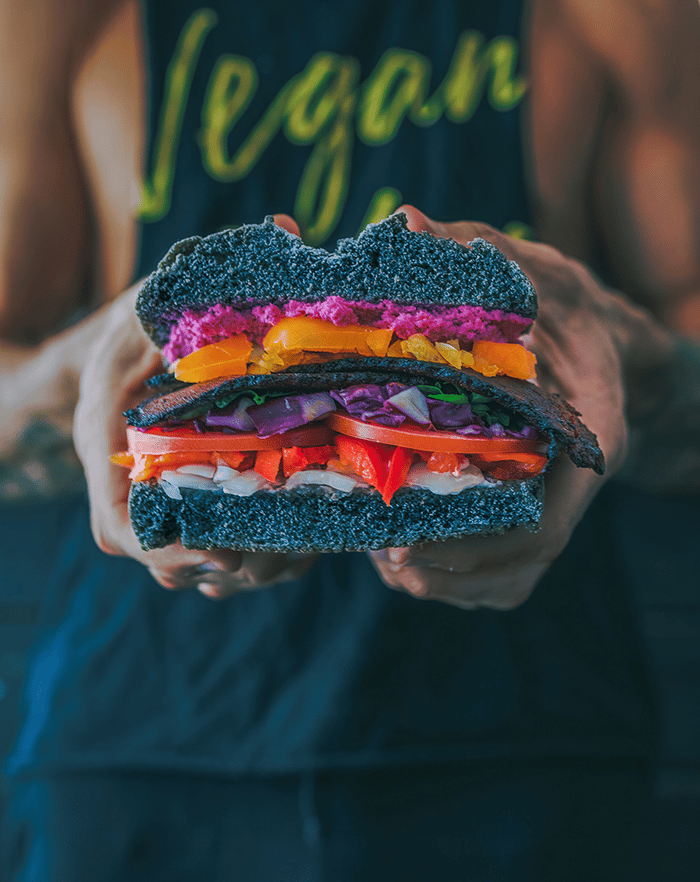
Nutritional value: Simple carbohydrates are often low in nutrients and high in added sugars, while complex carbohydrates are often rich in fibre, vitamins, and minerals.
Function: Simple carbohydrates provide a quick burst of energy, while complex carbohydrates provide sustained energy over a longer period of time. Complex carbohydrates also help regulate blood sugar levels and promote feelings of fullness.
In summary, simple carbohydrates are typically less nutritious and more rapidly absorbed into the bloodstream, while complex carbohydrates are more nutritious, provide sustained energy, and help regulate blood sugar levels.
How Can Complex Carbohydrates be Useful for Fat Loss?
Complex carbohydrates for vegans can be useful for fat loss in several ways:
Regulating blood sugar: Complex carbohydrates help regulate blood sugar levels, preventing spikes in insulin levels that can lead to fat storage.
Promoting satiety: Complex carbohydrates tend to be more filling than simple sugars, which can help control hunger and prevent overeating.
Providing energy: Complex carbohydrates are a source of energy for the body, which is necessary for physical activity and exercise, which can help burn fat and promote weight loss.
Improving metabolism: Adequate intake of fibre from complex carbohydrates can improve digestive health and metabolism, which can support weight loss.
It is important to note that reducing overall calorie intake and engaging in regular physical activity are still the most important factors for fat loss. Complex carbohydrates should be included as part of a balanced and varied diet, but it is also important to choose high-quality sources, such as whole grains, legumes, and starchy vegetables, rather than processed foods with added sugars.
Is Rice a Complex Carbohydrate?
Yes, rice is considered a complex carbohydrate. Rice is a staple food in many parts of the world and is a source of starchy carbohydrates, which are complex carbohydrates composed of long chains of simple sugar molecules.
Rice is broken down into glucose by digestive enzymes and provides a slow and steady release of glucose into the bloodstream, providing sustained energy for the body.

Rice is also a good source of dietary fibre, which is important for regulating digestion and promoting feelings of fullness. However, it is important to choose whole grain varieties, such as brown rice, which are higher in fibre and nutrients compared to refined white rice.
Which Fruit is Highest in Sugar?
Fruits can vary in their sugar content, but some fruits are higher in sugar than others. The fruits that are highest in sugar include:
- Grapes: Grapes are one of the sweetest fruits and can contain up to 18 grams of sugar per cup.
- Mangoes: Mangoes are a tropical fruit that are high in natural sugars, with about 14 grams of sugar per medium-sized fruit.
- Pineapple: Pineapple is a sweet and juicy fruit that can contain up to 16 grams of sugar per cup.
- Bananas: Bananas are a common and convenient fruit that are a good source of potassium, but they can also contain up to 14 grams of sugar per medium-sized fruit.
- Dried fruits: Drying fruits concentrates the sugar content, and dried fruits, such as raisins, can contain up to 30 grams of sugar per cup.
While fruits are a healthy source of vitamins, minerals, and fibre, it is important to be mindful of their sugar content and limit consumption of fruits high in sugar as part of a balanced and varied diet.
What are the Best Whole Grain Complex Carbohydrates?
Whole grain complex carbohydrates for vegans are an important part of a healthy diet. Here are some of the best whole grain complex carbohydrates:
Brown rice: Brown rice is a staple food in many parts of the world and is a good source of complex carbohydrates, fibre, and other nutrients.
Whole grain bread: Whole grain bread made from whole wheat, oats, or other whole grains provides complex carbohydrates and fibre, as well as B vitamins and other nutrients.
Oatmeal: Oatmeal is a versatile and filling breakfast option that is a good source of complex carbohydrates and fibre.
Quinoa: Quinoa is a grain-like seed that is high in protein, fibre, and complex carbohydrates.
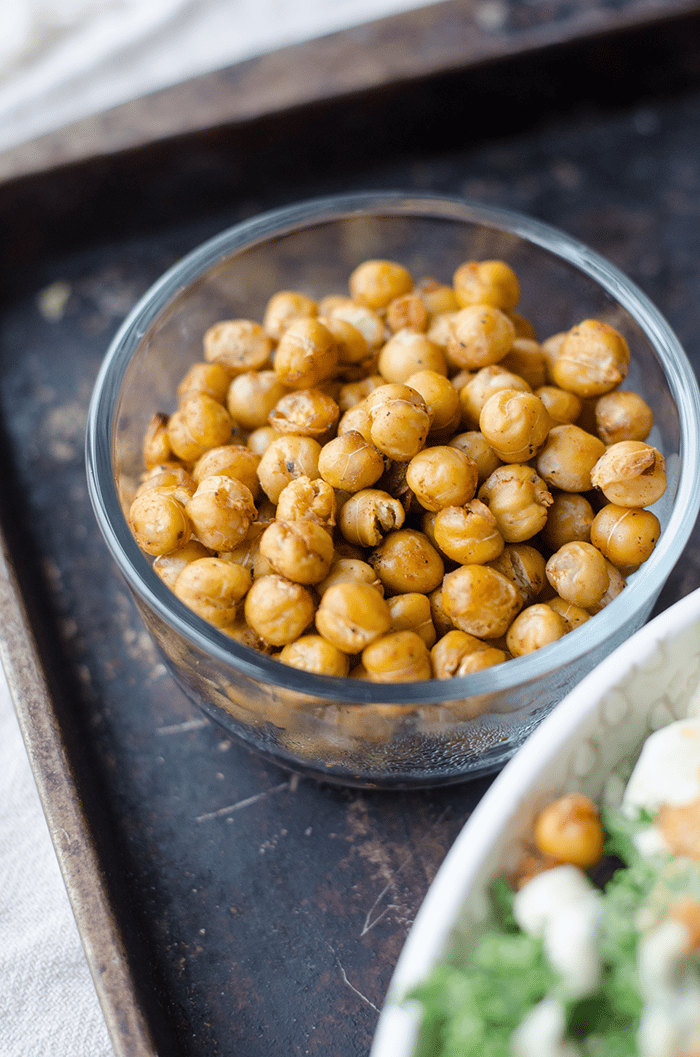
Barley: Barley is a chewy and nutritious grain that is a good source of fibre and complex carbohydrates.
Whole grain pasta: Whole grain pasta made from whole wheat or other whole grains is a good source of complex carbohydrates and fibre, as well as B vitamins and other nutrients.
These are just a few examples of whole grain complex carbohydrates, and it is important to include a variety of whole grains in the diet to get a range of nutrients.
When choosing whole grain foods, it is important to look for products that list a whole grain as the first ingredient and avoid products with added sugars or other unhealthy ingredients.
What are the Best Legumes Complex Carbohydrates?
Legumes are a good source of complex carbohydrates for vegans, fibre, protein, and other important nutrients. Here are some of the best legumes for complex carbohydrates:
Lentils: Lentils are a type of legume that are high in fibre, protein, and complex carbohydrates. They are also a good source of iron and other minerals.
Black beans: Black beans are a type of legume that are high in fibre, protein, and complex carbohydrates, as well as antioxidants and other nutrients.
Chickpeas: Chickpeas are a type of legume that are high in fibre, protein, and complex carbohydrates, as well as vitamins, minerals, and other nutrients.
Kidney beans: Kidney beans are a type of legume that are high in fibre, protein, and complex carbohydrates, as well as vitamins, minerals, and other nutrients.
Peas: Peas are a type of legume that are high in fibre, protein, and complex carbohydrates, as well as vitamins, minerals, and other nutrients.
These are just a few examples of legumes that are good sources of complex carbohydrates, and it is important to include a variety of legumes in the diet to get a range of nutrients.
When preparing legumes, it is important to avoid adding unhealthy ingredients, such as high-fat or high-sodium ingredients, and to look for low-sodium options.
What are the Best Starchy Vegetable Complex Carbohydrates?
Starchy vegetables are a good source of complex carbohydrates, fibre, and other important nutrients. Here are some of the best starchy vegetables for complex carbohydrates:
Potatoes: Potatoes are a staple food in many parts of the world and are a good source of complex carbohydrates, fibre, and other nutrients.
Sweet potatoes: Sweet potatoes are a type of starchy vegetable that are high in fibre, complex carbohydrates, and other nutrients, including vitamins A and C.
Corn: Corn is a type of starchy vegetable that is high in complex carbohydrates, fibre, and other nutrients, including vitamins B and C.
Winter squash: Winter squash, such as butternut and acorn squash, are types of starchy vegetables that are high in fibre, complex carbohydrates, and other nutrients, including vitamins A and C.
Plantains: Plantains are a type of starchy vegetable that are high in complex carbohydrates, fibre, and other nutrients, including vitamins B6 and C.
These are just a few examples of starchy vegetables that are good sources of complex carbohydrates, and it is important to include a variety of starchy vegetables in the diet to get a range of nutrients.

When preparing starchy vegetables, it is important to avoid adding unhealthy ingredients, such as high-fat or high-sodium ingredients, and to look for low-fat and low-sodium options.
What are the Best Nut and Seed Complex Carbohydrates?
Nuts and seeds are not typically considered a primary source of complex carbohydrates, but they can still be a good source of other important nutrients. Here are some nuts and seeds that are good sources of complex carbohydrates:
Quinoa: Quinoa is a type of seed that is often considered a “pseudo-cereal” and is a good source of complex carbohydrates, fibre, and protein.
Chia seeds: Chia seeds are a type of seed that are high in fibre, protein, and other nutrients, including omega-3 fatty acids.
Flax seeds: Flax seeds are a type of seed that are high in fibre, protein, and other nutrients, including omega-3 fatty acids.
Almonds: Almonds are a type of nut that are high in fibre, protein, and other nutrients, including vitamin E and healthy fats.
Hazelnuts: Hazelnuts are a type of nut that are high in fibre, protein, and other nutrients, including healthy fats and vitamins B and E.
These are just a few examples of nuts and seeds that are good sources of complex carbohydrates, and it is important to include a variety of nuts and seeds in the diet to get a range of nutrients.
When consuming nuts and seeds, it is important to avoid added salt, sugar, and unhealthy oils, and to look for unsalted and unsweetened options.
What are the Best Dried Fruit Complex Carbohydrates?
Dried fruits are a good source of complex carbohydrates, fibre, and other important nutrients. However, dried fruits are also high in sugar and calories, so they should be consumed in moderation. Here are some dried fruits that are good sources of complex carbohydrates:
Raisins: Raisins are dried grapes and are high in complex carbohydrates, fibre, and other nutrients, including iron and potassium.
Dates: Dates are a type of dried fruit that are high in complex carbohydrates, fibre, and other nutrients, including potassium and iron.
Figs: Figs are a type of dried fruit that are high in complex carbohydrates, fibre, and other nutrients, including calcium and potassium.
Prunes: Prunes are dried plums and are high in complex carbohydrates, fibre, and other nutrients, including potassium and iron.
Apricots: Apricots are a type of dried fruit that are high in complex carbohydrates, fibre, and other nutrients, including potassium and vitamins A and C.
These are just a few examples of dried fruits that are good sources of complex carbohydrates, and it is important to include a variety of dried fruits in the diet to get a range of nutrients.
When consuming dried fruits, it is important to look for unsweetened and unsulfured options and to limit consumption, as dried fruits are high in sugar and calories.
How Do Complex Carbohydrates Affect Blood Sugar and Insulin Levels?
Complex carbohydrates, which are found in foods such as whole grains, legumes, vegetables, and fruits, are broken down into glucose (sugar) by the digestive system and then absorbed into the bloodstream. This results in an increase in blood sugar and insulin levels.
However, the increase in blood sugar and insulin levels is slower and more gradual with complex carbohydrates than with simple carbohydrates, such as sugar and white flour products, which are quickly and easily broken down into glucose by the digestive system.
This slower and more gradual increase helps to prevent spikes and drops in blood sugar and insulin levels, which can have negative effects on energy levels and overall health.
Additionally, the fibre in complex carbohydrates can help to regulate the digestion and absorption of glucose, further contributing to the more gradual increase in blood sugar and insulin levels.
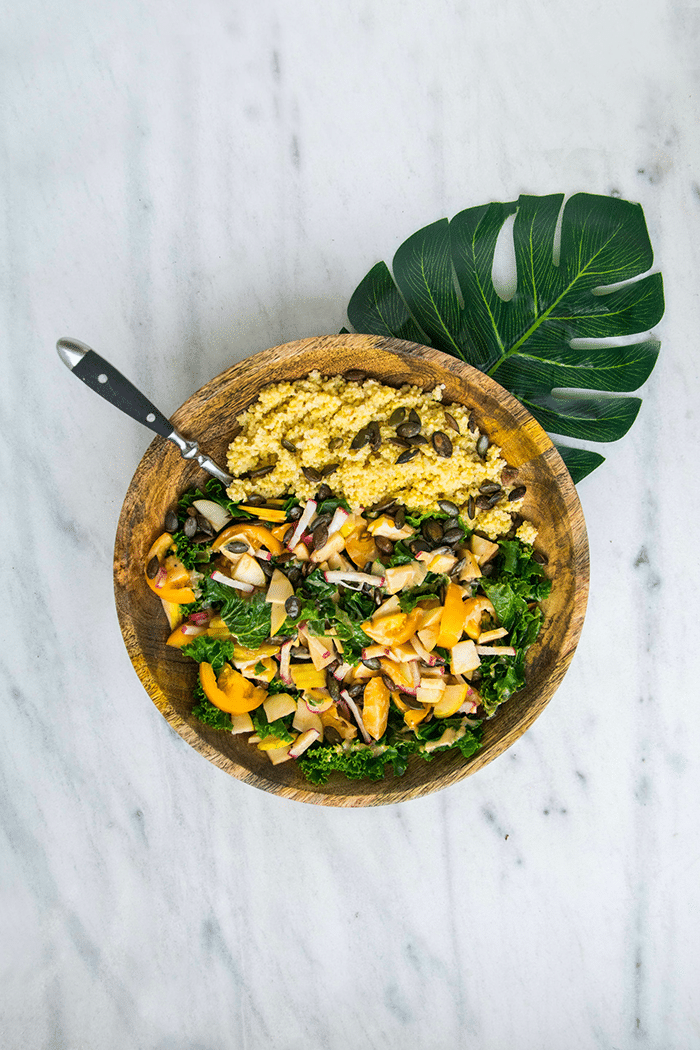
It is important to include a variety of complex carbohydrates in the diet to help regulate blood sugar and insulin levels and maintain overall health.
Additionally, limiting added sugars and refined carbohydrates can also help to maintain healthy blood sugar and insulin levels.
What is the Glycemic Index?
The glycemic index (GI) is a numerical ranking system that measures the effect of a food on blood sugar levels. Foods are assigned a GI value based on how quickly they are digested and absorbed, and how quickly they raise blood sugar levels.
Foods with a high GI value are quickly digested and absorbed, leading to a rapid and high increase in blood sugar levels, while foods with a low GI value are digested and absorbed more slowly, leading to a slower and more gradual increase in blood sugar levels.
The GI values range from 0 to 100, with higher values indicating a quicker and more significant increase in blood sugar levels. Foods with a GI value of 70 or higher are considered high-GI foods, while foods with a GI value of 55 or lower are considered low-GI foods.
The GI of a food can be influenced by a variety of factors, including the type of carbohydrates it contains, the presence of fibre and fat, and the cooking and processing methods used.
Using the GI can be useful in managing blood sugar levels, especially for people with diabetes or those looking to regulate their blood sugar levels for other health reasons.
However, it is important to consider other factors, such as the total amount of carbohydrates, fibre, and other nutrients, in addition to the GI value, when making food choices.
What are Healthy Breakfast Options for Vegans with Plenty of Complex Carbohydrates?
Here are some healthy vegan breakfast options with plenty of complex carbohydrates:
- Oatmeal with fruits and nuts
- Whole grain toast with avocado and tomatoes
- Quinoa bowl with vegetables and tofu
- Sweet potato hash with peppers, onions, and mushrooms
- Whole grain pancakes or waffles with fruit and maple syrup
- Chia seed pudding with mixed berries and almond milk
- Whole grain English muffin with almond butter and banana
- Whole grain crepes with nut butter and fresh fruit
- Whole grain cereal with almond milk and fruit
- Whole grain bagel with hummus and veggies.
These options provide a good balance of complex carbohydrates, fibre, and other nutrients to help keep you full and energized throughout the morning. Additionally, they can be easily customized to fit your individual taste preferences and dietary needs.
What are Healthy Lunch Options for Vegans with Plenty of Complex Carbohydrates?
Here are some healthy vegan lunch options with plenty of complex carbohydrates:
- Whole grain sandwich with veggies and hummus
- Whole grain pasta salad with vegetables and a vegan protein source
- Whole grain wrap with roasted vegetables and avocado
- Brown rice bowl with veggies and a vegan protein source
- Whole grain quesadilla with veggies and avocado
- Whole grain pita with falafel and tahini
- Sweet potato and black bean burrito
- Whole grain pizza with veggies and vegan cheese
- Whole grain sushi rolls with veggies and avocado
- Whole grain barley salad with veggies and a vegan protein source.
These options provide a good balance of complex carbohydrates, fibre, and other nutrients to help keep you full and energized throughout the day.
Additionally, they can be easily customized to fit your individual taste preferences and dietary needs.

